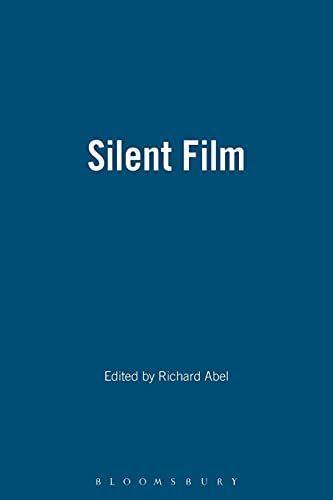
Silent Film
Silent Film offers some of the best recent essays on silent cinema, essays that cross disciplinary boundaries and break new ground in a variety of ways. Some focus on the "materiality" of early cinema: the color processes used in printing nitrate film stocks, the choreographic styles of film acting, and the wide range of sound accompaniment. Others focus on questions of periodicity and nationality: on the shift from a "cinema of attractions" to a "classical narrative cinema," on the relationship between changes in production and those in exhibition, and on the historical specificity of national cinemas. Still others focus on early cinema's intertextual relations with various forms of mass culture (from magazine stories or sensational melodramas in the United States to the tango craze in Russia), and on reception in silent cinema (from black audiences in Chicago to women's fan magazines of the 1920s). Taken together, the contributors to this volume suggest provocative parallels between silent cinema at the turn of the last century and "postmodern" cinema at the end of our own. This book is an important contribution to the study of silent film and a key addition to this new series.